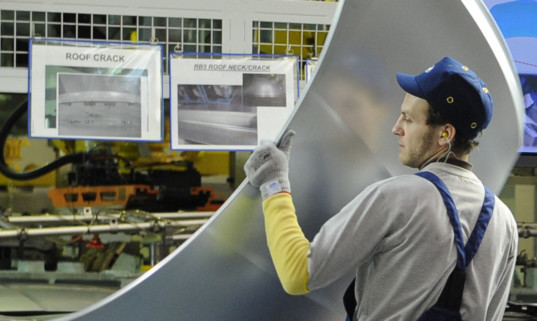Overall business activity increased in Scotland last month despite a fall in the level of manufactured exports.
The Bank of Scotland’s purchasing managers’ index report for July showed private-sector output increased at a sharp and accelerated rate.
The PMI’s combined measure of manufacturing and services activity progressed to 56.8 in the period, the fastest growth since the start of the year.
The study showed levels of new work continued to grow, although the pace of the increase fell back slightly from June.
Scotland’s labour market also remained in positive territory during the month, with more than one-in-five manufacturing companies reporting that they had increased their payroll in the period.
The continuation of the recent upbeat employment trend in manufacturing was echoed in the services sector, with the travel, tourism and leisure sectors providing the bulk of new opportunities.
However, the PMI report again demonstrated that exporting remained the achilles heel of Scotland’s recovering economy.
The level of new overseas work dropped to 49 from a measure of 50.1 during July, a figure that means the sector contracted marginally during the month.
“Although manufacturers saw strong growth in new orders overall, they continued to struggle to find new business overseas,” the bank said.
“July data showed a fifth decrease in new export orders in the past six months, the level having been broadly stable during the previous survey period.
“The latest decline was modest and partly attributable to strength in sterling, according to anecdotal evidence.”
Bank of Scotland chief economist Donald MacRae said last month had delivered “robust” private-sector growth.
He said: “Employment and new business both expanded in the month across manufacturing and services, but the level of manufacturing new orders fell, illustrating the challenges for exporters from a strong pound and weak growth in the eurozone economies.
“The recovery continues, with the Scottish economy entering the second half of the year in growth mode.”
